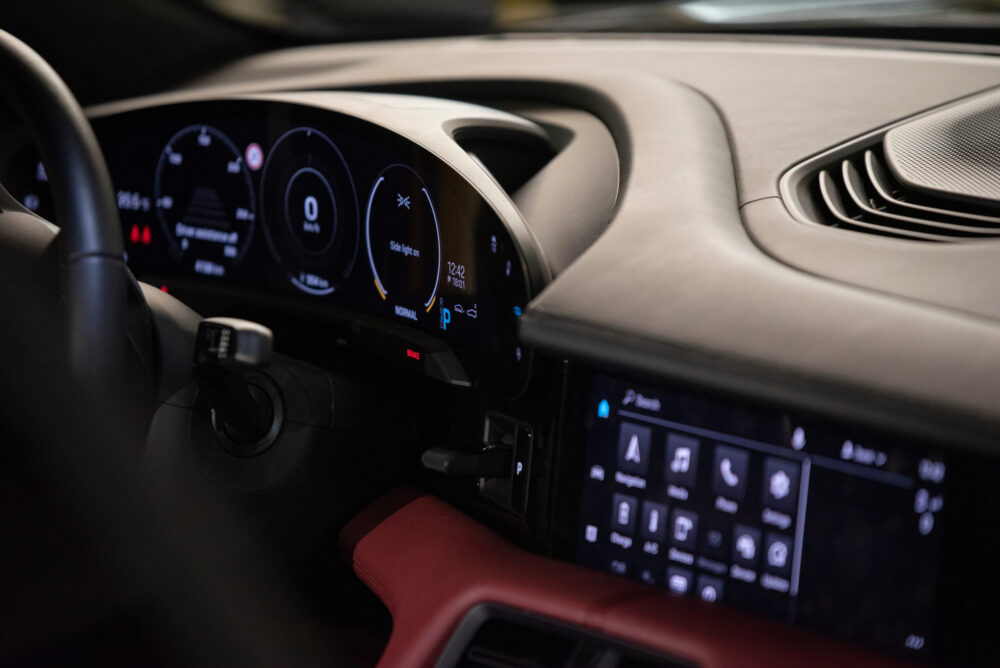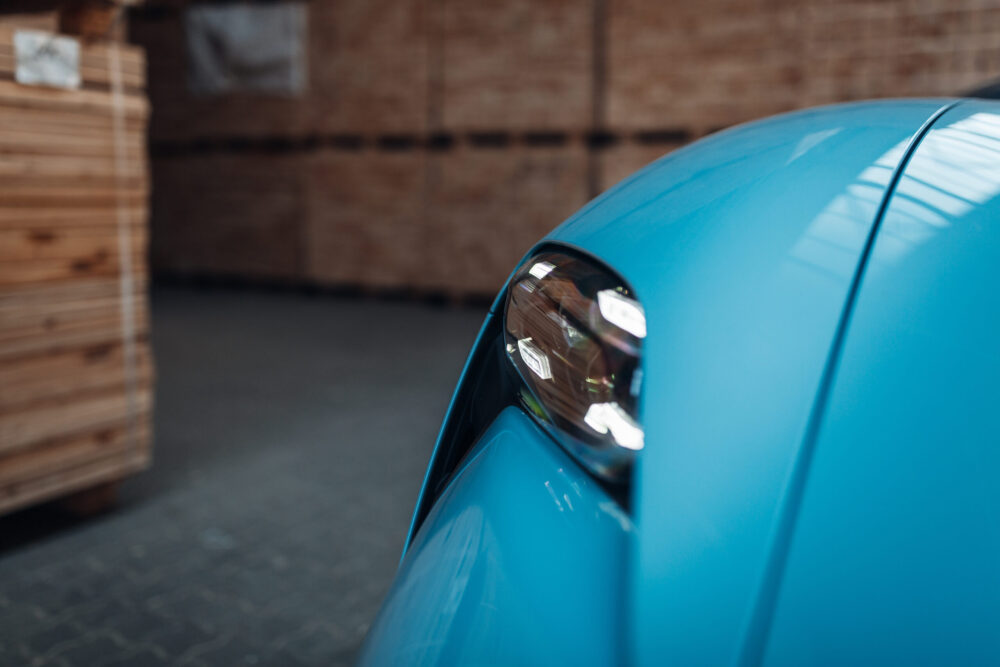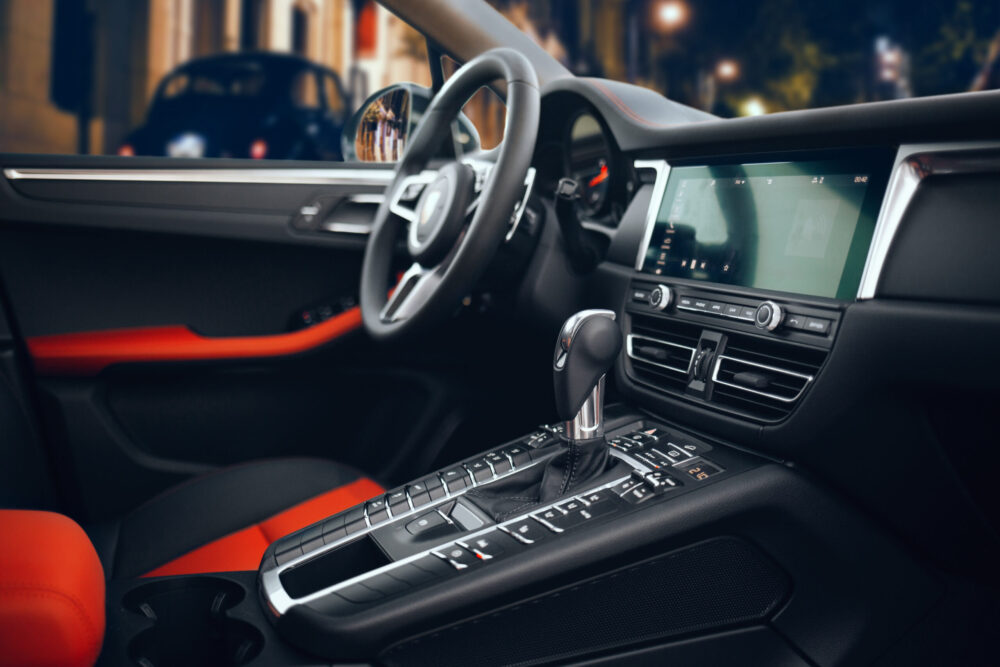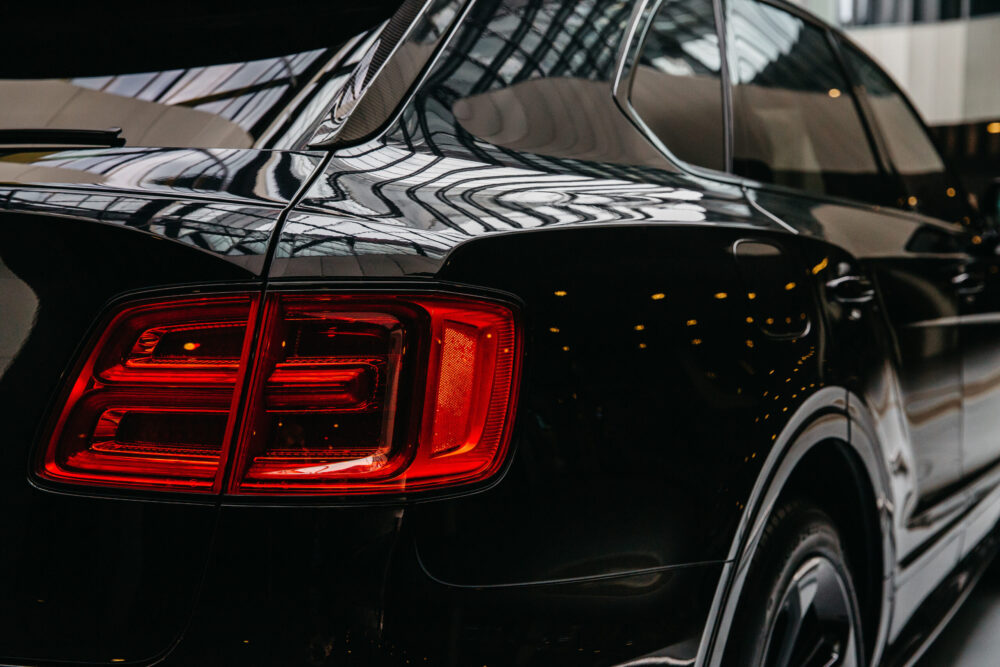PCP Finance
Buying a car is an exciting endeavour, but navigating the complexities of the various financing options can be daunting. One popular vehicle acquisition method is through Personal Contract Purchase (PCP).
Get a quote

What is PCP?
PCP offers an attractive proposition for those looking to spread the cost of their dream car over a fixed term, combining the benefits of affordability, flexibility, and the potential for vehicle ownership at the end of the agreement. It offers lower monthly payments than traditional hire purchase agreements and is popular with those wanting to change their vehicle regularly, allowing individuals to enjoy a new car.
With PCP, you enter into a contract with a vehicle finance company to acquire a car over a fixed term, typically ranging from between two and four years. You make an initial deposit, followed by monthly payments throughout the contract period that covers interest charges and a portion of the car’s value. However, these payments do not cover the total vehicle value. Consequently, at the end of the PCP contract term, you have three options:
Purchase
Purchase the vehicle outright by paying a final lump sum, an amount that was agreed upon at the beginning of the contract.
Return
Return the car to the finance company without any further financial obligations, subject to any defects/damage that may have occurred to the vehicle and the predetermined mileage not being exceeded.
Renew
Renew your PCP by upgrading to a new car.


